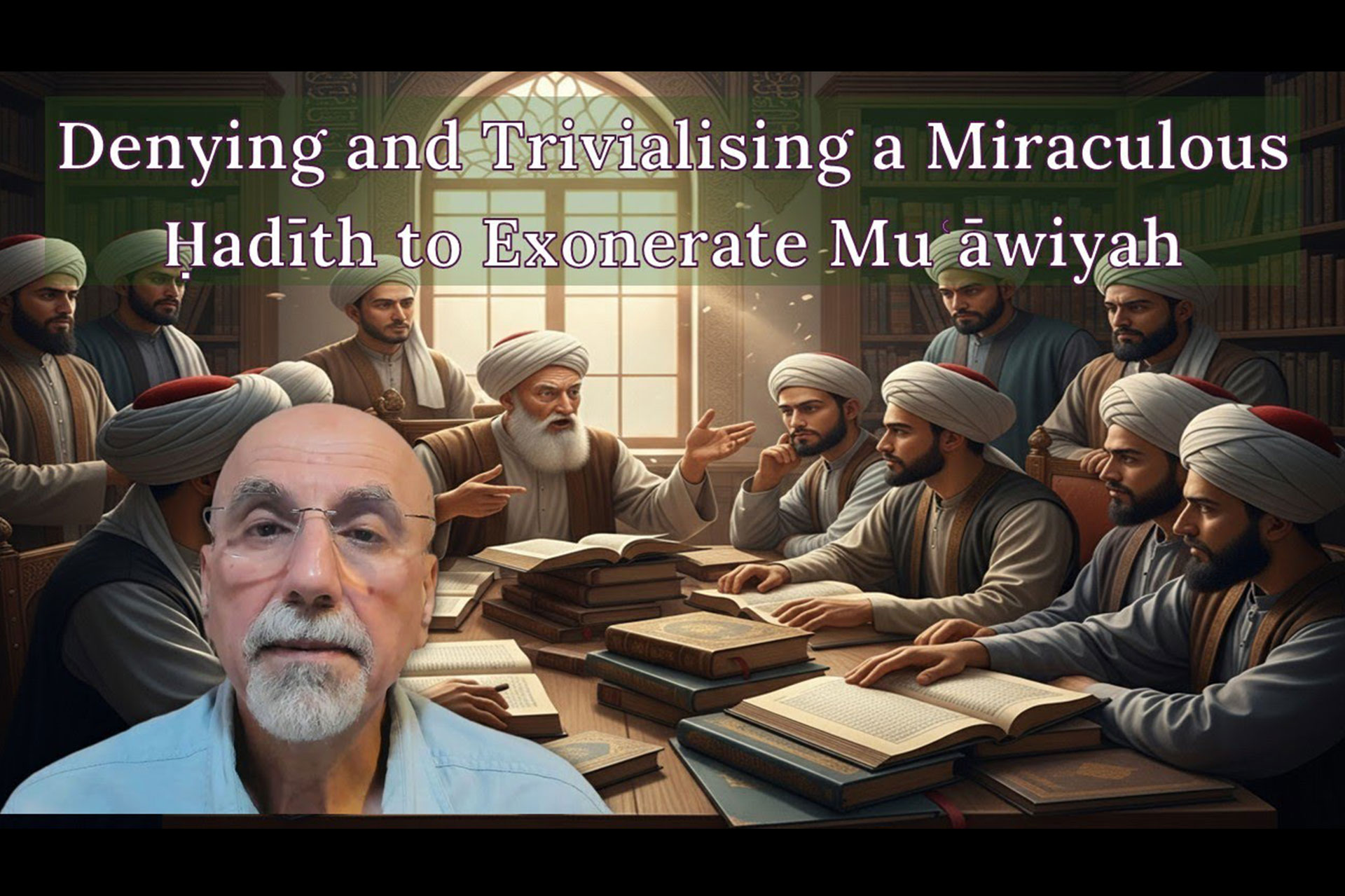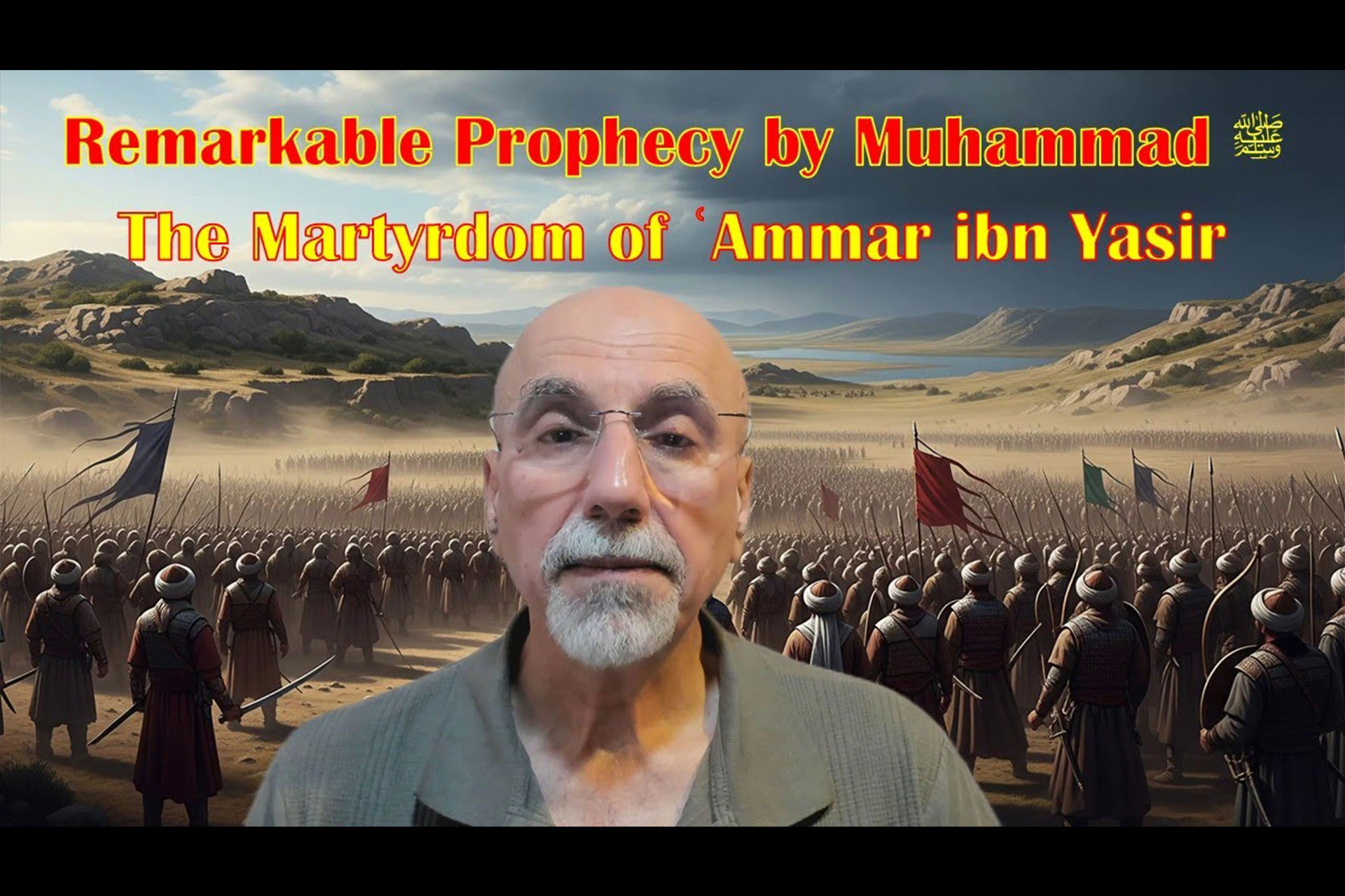No matter how much we may protest and deny it, sectarianism is deep-seated among us Muslims. It is my firm conviction that this is the root cause of the miserable state of the Muslim Ummah (nation). I do not mean by that, as many do, the state of Muslims after the Ottomans and the disappearance of the Caliphate. Our sorry condition has a much longer history.
We use the term “Ummah” all the time, yet we are anything but an Ummah. We are, in reality, many ummahs, each fighting for the exclusive ownership of the title of “Ummah” to the exclusion of the other “false” ummahs.
One blatant aspect of this depressing situation has been the abuse of Ijtihād as a tool to affirm and serve sectarianism. Over the centuries, Ijtihād, which ironically means “independent reasoning,” has been consistently and persistently used to perform the exact opposite of its function. Rather than defining Ijtihād in the broadest way possible to be true to its name, it is confined within the narrowest theological borders set by the given sect. While this abuse of Ijtihād is exercised more by certain schools of thought than others, it is widespread in Muslim scholarship in general—far beyond what most scholars would be willing to acknowledge. Unsuspecting lay Muslims are the primary victims of this.
Let me give an example from my personal experience. Every now and then, a Muslim brother or sister would email me or comment on my publications with something along these lines: “I really like your work on the miracles of the Qur’an, etc., but I really dislike your rejection of the return of Jesus (A), etc.” I am going to quote here one such comment on a recent video in which I critically reviewed Muʿāwiyah’s rejection of the Caliphate of ʿAlī (R); his long history of fighting Islam, the Prophet (PBUH), and Muslims; and the irrational, extremely sectarian position that ignores all that history or even approves of it, albeit often subtly.
These are the related videos https://youtu.be/WfOSw6nrR30 and https://youtu.be/ULWlskDL2jU.
—————————————————-
Viewer’s Comment
Dr Louay is it that difficult for you to make a video without being controversial. The part where you talked about the prophecy is amazing but how dare you call Emir Muawiyah radiallahu anhu a liar. Appart from your position on the second coming of Isa aleyhi selam this is another grave mistake wich makes you a very suspicious individual dr Louay. Muawiyah was among the noble companions of the Prophet aleyhi selam and was among his scribes, even when notified about the hadith he didn’t negate it and even in that situation he did not forge a single hadith in his advantage wich proves he was not a liar. Also if his cause was about personal gain why did many of the greatest companions follow him. Also why do you manipulate the public by making it seem like the sunni muslims are 50/50 regarding Muawiyah when in fact all muslims who call themselves sunni love and defend him. I am a laymen but I have a brain dr Louay and I can call out a blunder when I see one. Also you are not the only intellectuall in the world. There are many others who are much more advanced than you.
One can learn much from your content dr Louay but unfortunately your videos appart from the honey have some drops of poison sometimes that are very dangerous.
Louay Fatoohi’s Reply
You sound like one of those viewers who comment from time to time about how much they like some of what I say and how much they hate other parts. I don’t think you realise how confused your position is. Since I get this same reaction regularly, I have decided to reply. I’m going to make some general statements that I hope you’ll find useful and that will help you gain more clarity on this and similar situations.
First, I’ll tell you something about myself and my ijtihād process. Then, I’ll offer some advice for you based on what you’ve written.
1) What I publish—whether written material or videos—is the result of my ijtihād, which is the process of studying to the point of reaching conclusions that I find convincing.
2) Ijtihād is an intrinsic part of my life as a Muslim. It is a very personal experience.
3) My ijtihād is neither for hire nor is it designed to please or anger someone. What others think of any conclusions I reach has zero role in the entire learning process.
4) That being the case, it’s only natural that my conclusions may or may not align with the beliefs of any particular individual or group. My learning process isn’t geared toward confirming or rejecting certain beliefs and opinions, whether they are held by the majority or a minority. I am certainly not a populist.
5) I’m not looking for fans or followers. I share the findings that I think I should share even if everyone who reads or watches it disagrees with it. I don’t target or allow myself to be influenced by the emotional reactions to my findings.
I hope this has already helped you see the flaws in some of the statements you’ve made. But let me now tell you a few things about yourself:
6) When you seek knowledge from someone, don’t tell them how they should think so that they only say what you like to hear. This is not teaching or learning. It is not education.
7) When you read or watch a scholar present a piece of research and you don’t like what they say, don’t complain about their findings by bringing up basic information about the subject. They almost certainly already know it. Describing yourself as a layperson makes this effort even more meaningless.
8) Do not visit a scholar and insult them with accusations just because their words displease you. If you don’t like them, don’t visit them.
9) If you find that a scholar regularly mixes what you call “poison” in their teachings, you would be insane to keep visiting them.
10) If that scholar also says good things that you approve of, that is not a good reason to expose yourself to their “poison,” especially when you can find many other scholars who also say the good things you approve of, unmixed with “poison.”
11) Visiting that “poisonous” scholar when there are many better scholars makes your visits all the more irrational. Go to those who are better, if not the best, and certainly avoid bad or even mediocre scholars.
I hope you take the time to think carefully about all of this. The only two logical responses would be to stop visiting my channel or to stop posting these kinds of contradictory and confused comments.




